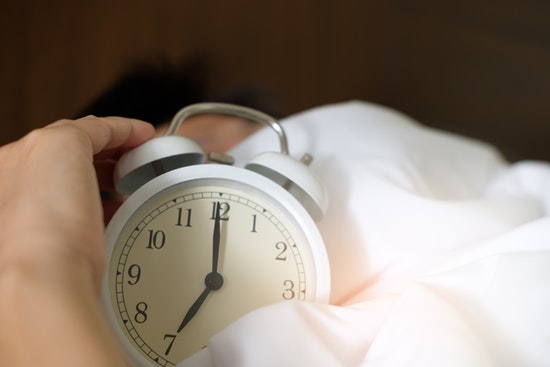
Low Testosterone Levels? Here’s What You Should Do!
Do testosterone levels go down? Yes, they do but no need to panic, there are ways to manage these levels. Some of them can be found on Brewly. In this article, we will cover what exactly is testosterone, what it does, and why is it important for good health?
What Is Testosterone?
The testosterone is a sex hormone. This hormone plays a vital role in puberty as well as fertility. In men, testes produce testosterone while in females, this hormone is made in ovaries. Testosterone can also affect the sexual desire in men. A man tends to produce a low level of this hormone due to age. Particularly men aged 30 & older are more likely to be affected by low testosterone levels.
In men, testosterone levels are about 10 times higher than women. This hormone helps the growth of muscle bulk, bone mass, physical strength, and body hair. An absence of this hormone secretion, also known as hypogonadism can affect your overall health. But some medical experts say it’s just a normal sign & harmless part of aging. Scroll down to understand the problems that occur due to imbalanced testosterone levels.
How ‘Low’ is Your Testosterone Level?
Testosterone levels are usually measured via blood tests. Normal testosterone level falls between 300-1000 Nanograms per deciliter [1] (ng/dL). Approximately 40% of men over the age of 40 have testosterone levels that fall below this range.
 However, your low testosterone levels may not be a cause for concern unless you observe the following symptoms:
However, your low testosterone levels may not be a cause for concern unless you observe the following symptoms:
- Low sex desire
- Erectile dysfunction
- Reduced muscle mass and strength
- Reduced energy
- Noticeable Fatigue
- Depression
According to research, [3] men with low testosterone may have a greater risk of chronic conditions, such as stroke and other cardiovascular diseases. In older men, the deficiency may cause bones to become weak and brittle, increasing the risk of fractures.
How to Balance Testosterone Levels
There are a few herbal medicines that claim to be effective in boosting testosterone levels, but there is no proven research to support their effectiveness! However, there are a number of lifestyle modifications that may help. Few of them are listed below:
Lose the Excess Fat

Obesity always comes with a ton of chronic diseases. A middle-aged man with pre-diabetes has higher chances of developing low testosterone levels. Whereas, men who manage an optimal weight have a reduced risk of developing diabetes as well as low testosterone levels. So, get yourself on a healthy eating plan with regular exercise. (Source: NCBI)
Get Proper Sleep

Lack of sleep can result in hypogonadism, a condition that reduces hormone secretion. An average person needs 7 to 9 hours of sleep at night. Getting proper sleep can reduce chances of reduced hormone levels. (Source: JAMA)
Get Plenty of Zinc

According to research, zinc plays a significant role in regulating serum testosterone levels in healthy men. So, stock up on beans, crabs, whole grains, nuts, etc. to balance your zinc requirements & boost your testosterone.
Testosterone Injections
Other than the lifestyle mentioned above modifications, testosterone replacement therapy is also effective in boosting hormone levels. In this method, injections are prescribed to increase hormone secretion. However, the downside to this therapy is that it can increase the number of red blood cells and sometimes cause acne. Ask your doctor about the treatment method and its side effects before undergoing the treatment. Usually, doctors perform a testosterone test to gauge whether or not the patient requires injections. The decision is based on the test’s results.
Final Thoughts
Testosterone levels decrease naturally with age in men. However, in some cases, these levels can go below the normal value & cause certain chronic symptoms. Treatment options are available for low T levels; therefore it’s not a huge problem. Eat healthy, sleep sound, and most importantly get regular medical checkups to see if everything is in order!
Doctor’s note:
Don’t panic on a single reading of low testosterone. Take multiple readings as there is a day to day variation in the levels of this hormone. The test should be done preferably in the morning between 8 am to 9 am. Consistent bad readings warrant doctor’s attention.
[1] https://www.healthline.com/health/low-testosterone/testosterone-levels-by-age
[2] http://www.cbc.ca/news/health/low-testosterone-hits-40-of-men-over-45-1.1074083
[3] https://search.informit.com.au/documentSummary;dn=377696995207869;res=IELHEA
[4] https://www.ncbi.nlm.nih.gov/pubmed/21671089

